Nature-based Solutions (NbS) are a promising new way to address environmental and societal challenges. WWF-Hong Kong is actively encouraging the adoption of NbS to enhance urban development projects – particularly the upcoming Northern Metropolis. Mai Po is a living example of NbS, and has become an inspiration for urban development industry professionals, academics and students alike. Capitalising on this growing interest, during the year, we expanded our training scope to enhance conservation knowledge sharing and exchange initiatives with people from across society.
We held eight training sessions at Mai Po Nature Reserve during the year, welcoming 164 talented local participants, giving them skills that will help them contribute to sustainable environmental management and urban development work. Two of these sessions were specifically for urban planning experts from the Hong Kong Institute of Landscape Architects (HKILA) and the Hong Kong Institute of Architects (HKIA).
During the training held at Mai Po, the HKILA delegates first learned about fundamental information of birds and their relevant flyways, then learnt about how our conservation work benefits habitats and wildlife through habitat management. In the final co-creation workshop, we used the STT as an example to explore potential enhancements for the project planning, using landscape design strategies to minimise ecological impacts, and incorporated conservation concerns into planning work.
At another training session for the HKIA, participants discussed wetland management and infrastructure upgrades to the Reserve’s Peter Scott Visitor Centre. They explored sustainable design practices and the various green elements that went into the centre’s design, including how the design team worked to reduce its carbon footprint.
We also nurtured future environmental management talents this year. In January and March, we welcomed students from the Master of Science in Environmental Management and Climate Ambassador programmes at the University of Hong Kong respectively. They learned about waterbird and wetland conservation along the East Asian-Australasian Flyway through a combination of lectures and site visits.

Mr Wong Kam-sing GBS, JP, Founder Chairman of the Environment and Sustainable Development Committee of the Hong Kong Institute of Architects (far left), joins other participants in exploring Mai Po Nature Reserve’s wonders
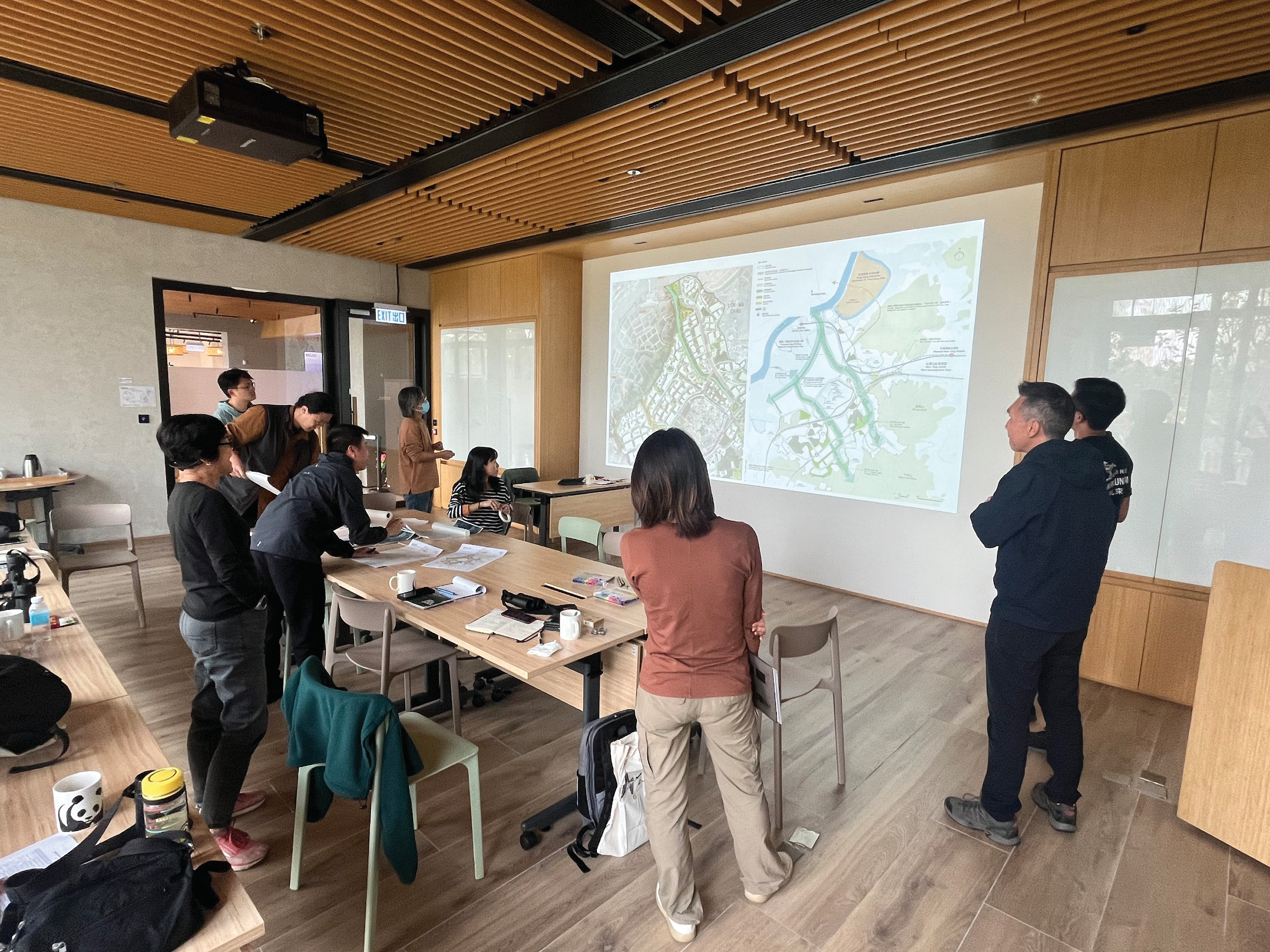
Hong Kong Institute of Landscape Architects delegates at a co-creation workshop at the Peter Scott Visitor Centre
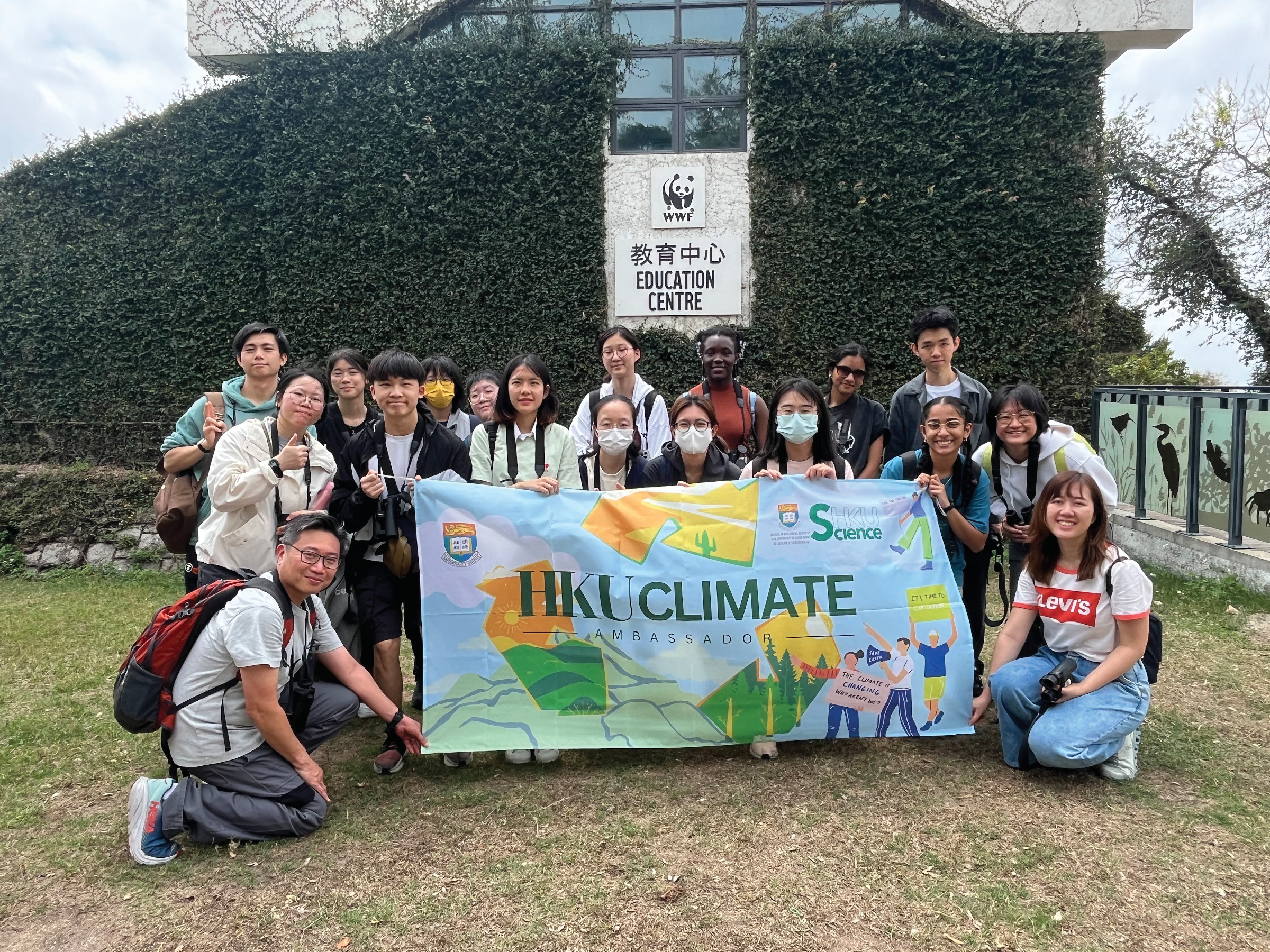
Climate Ambassador programme students from the University of Hong Kong enjoying their site visit to Mai Po
.jpeg)
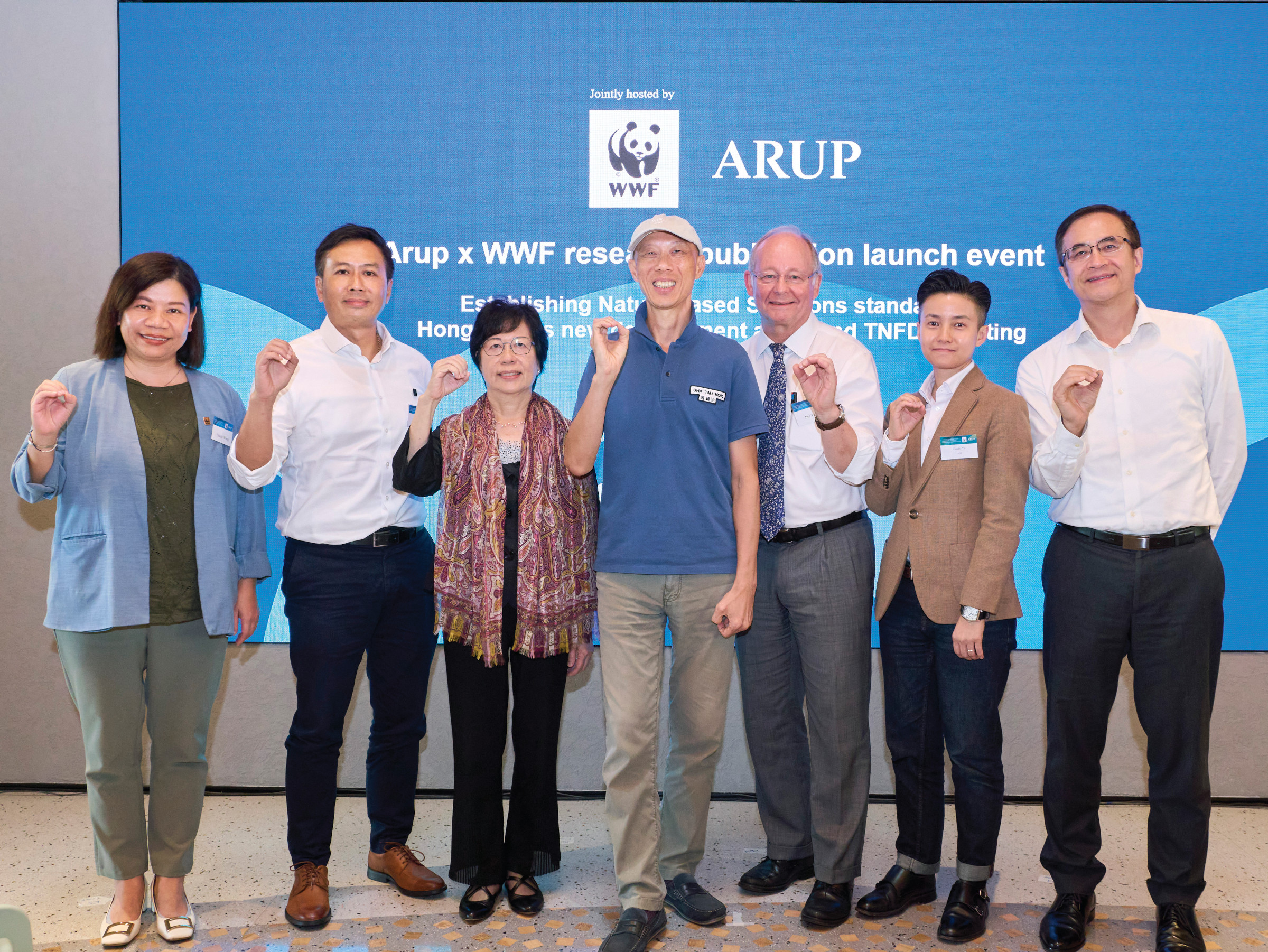
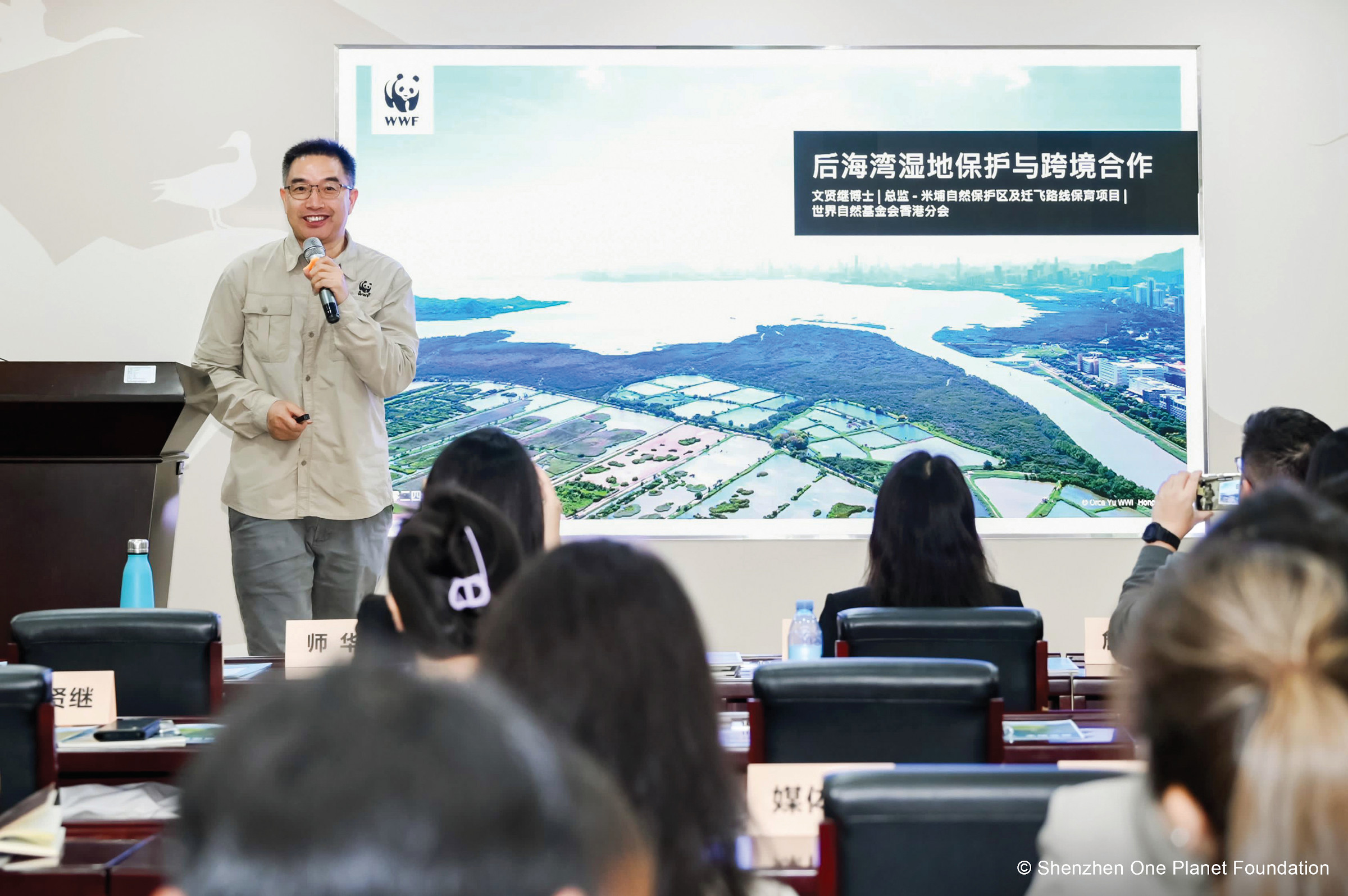
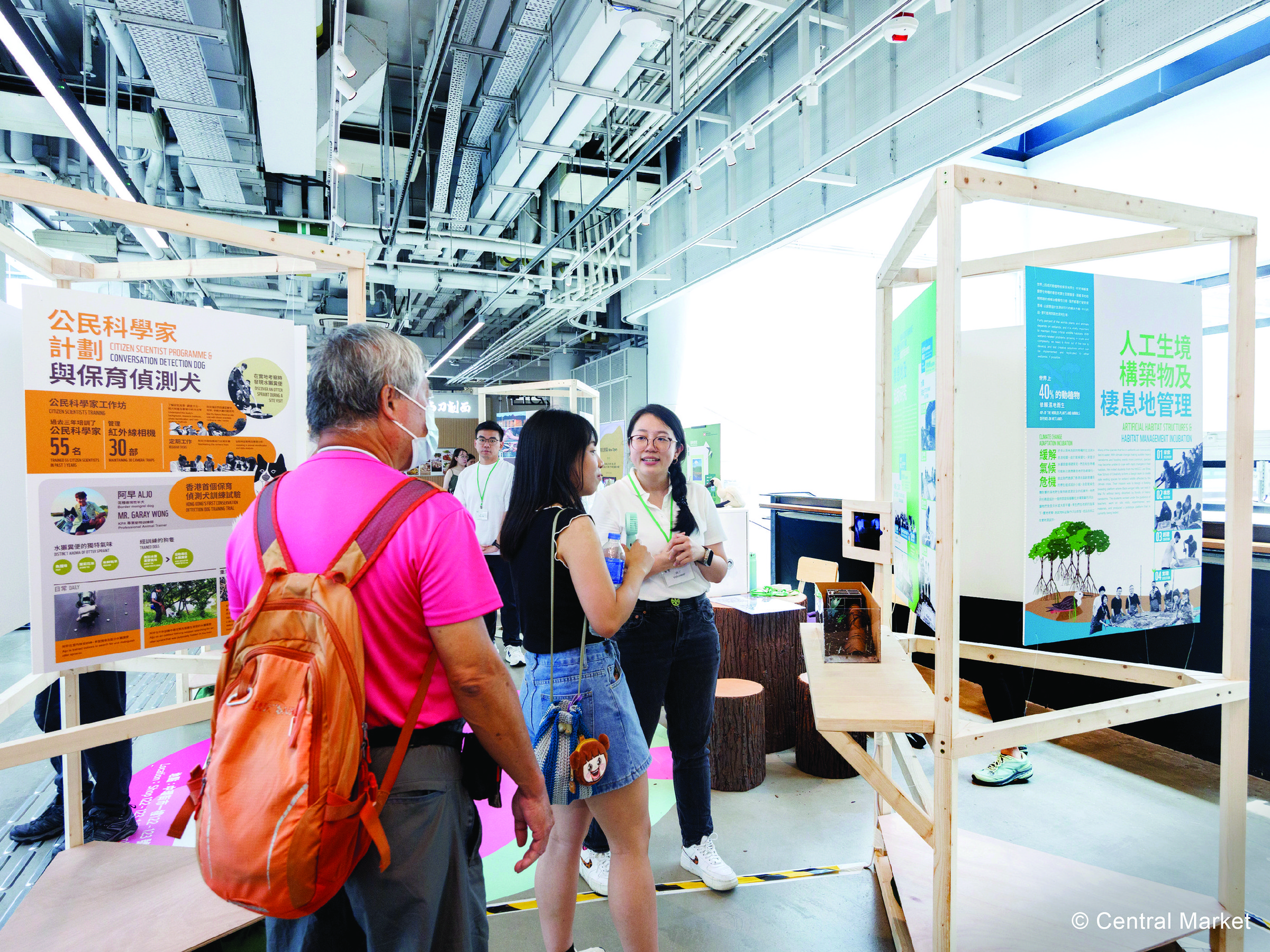
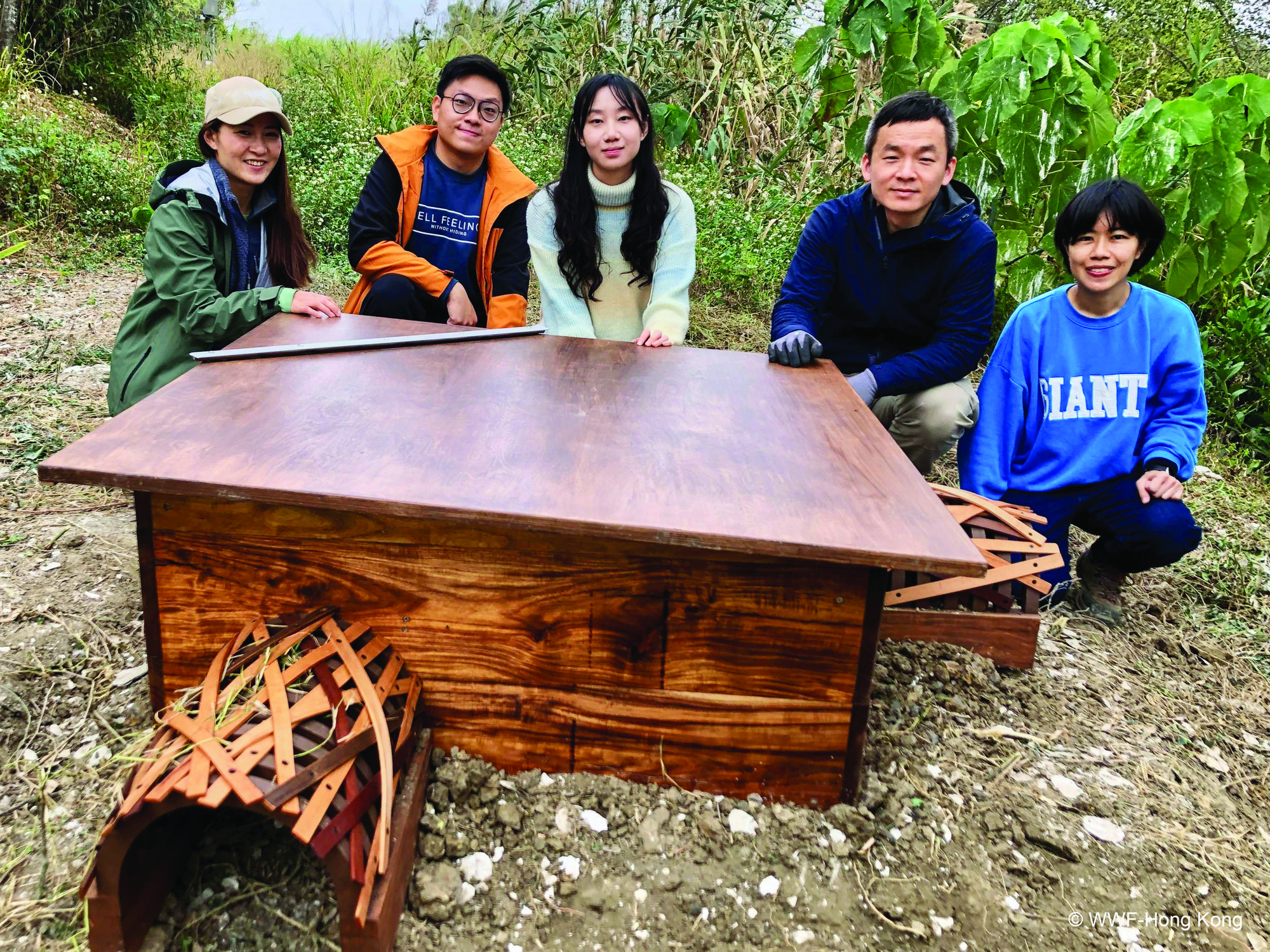
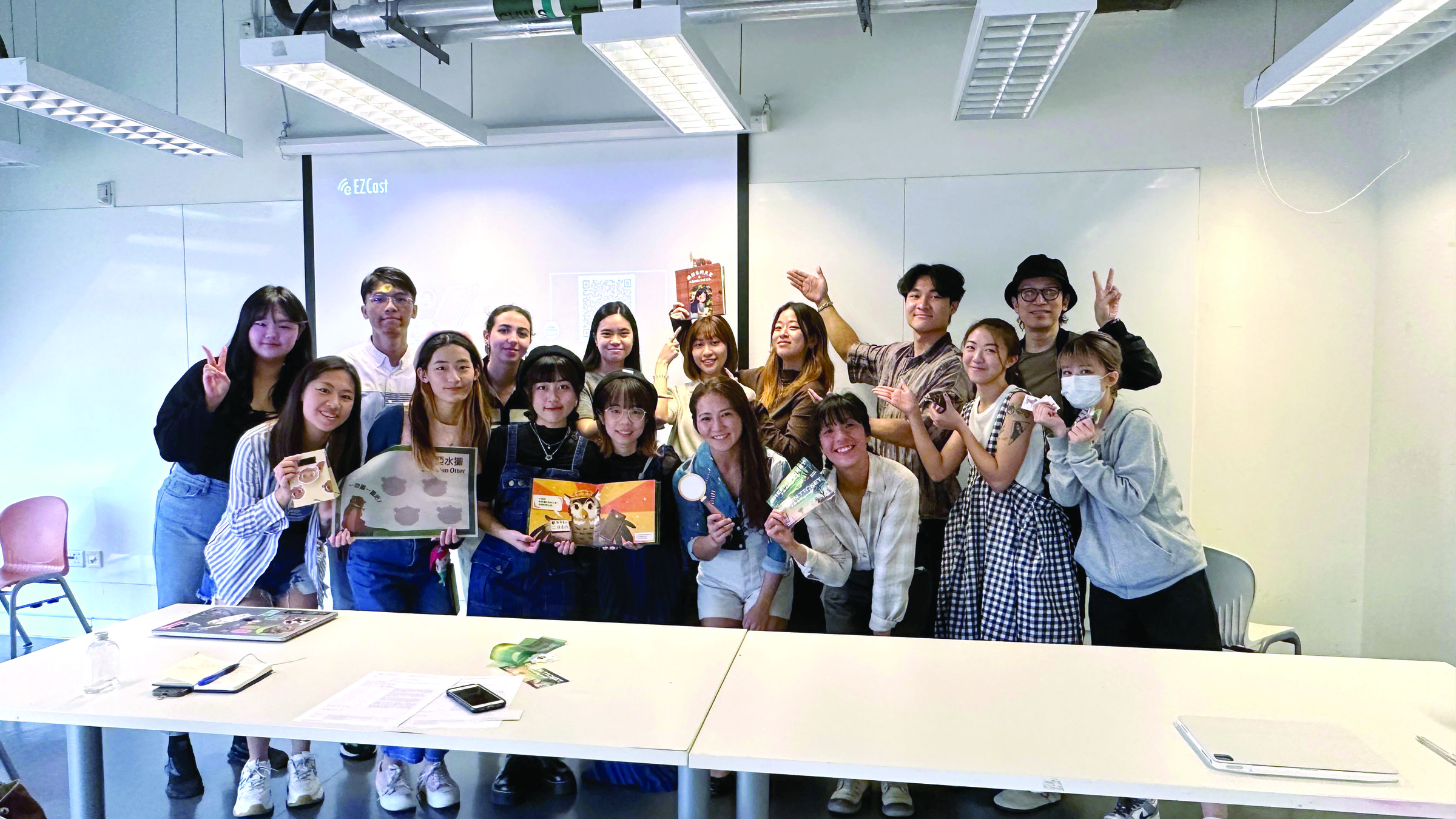
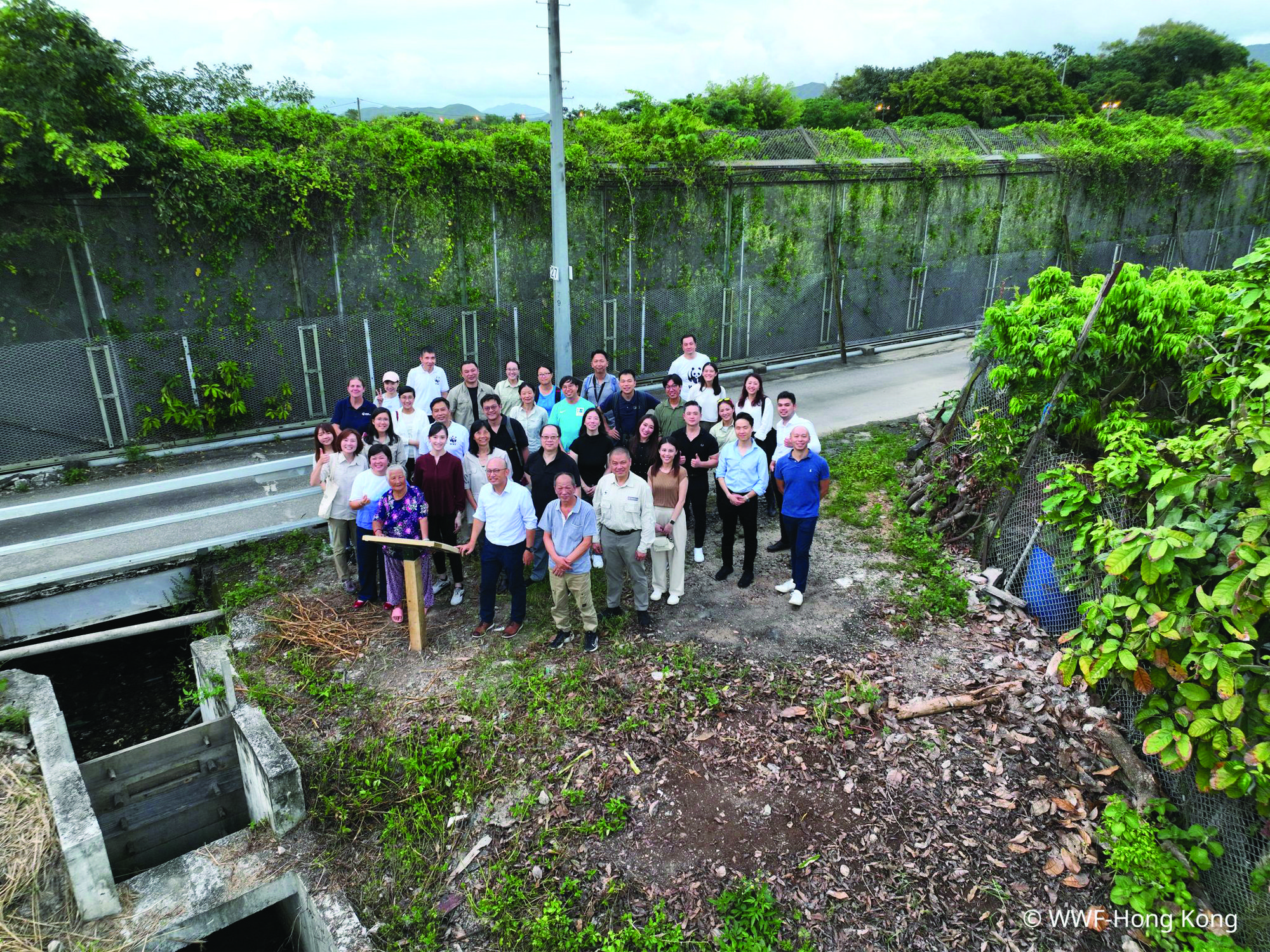

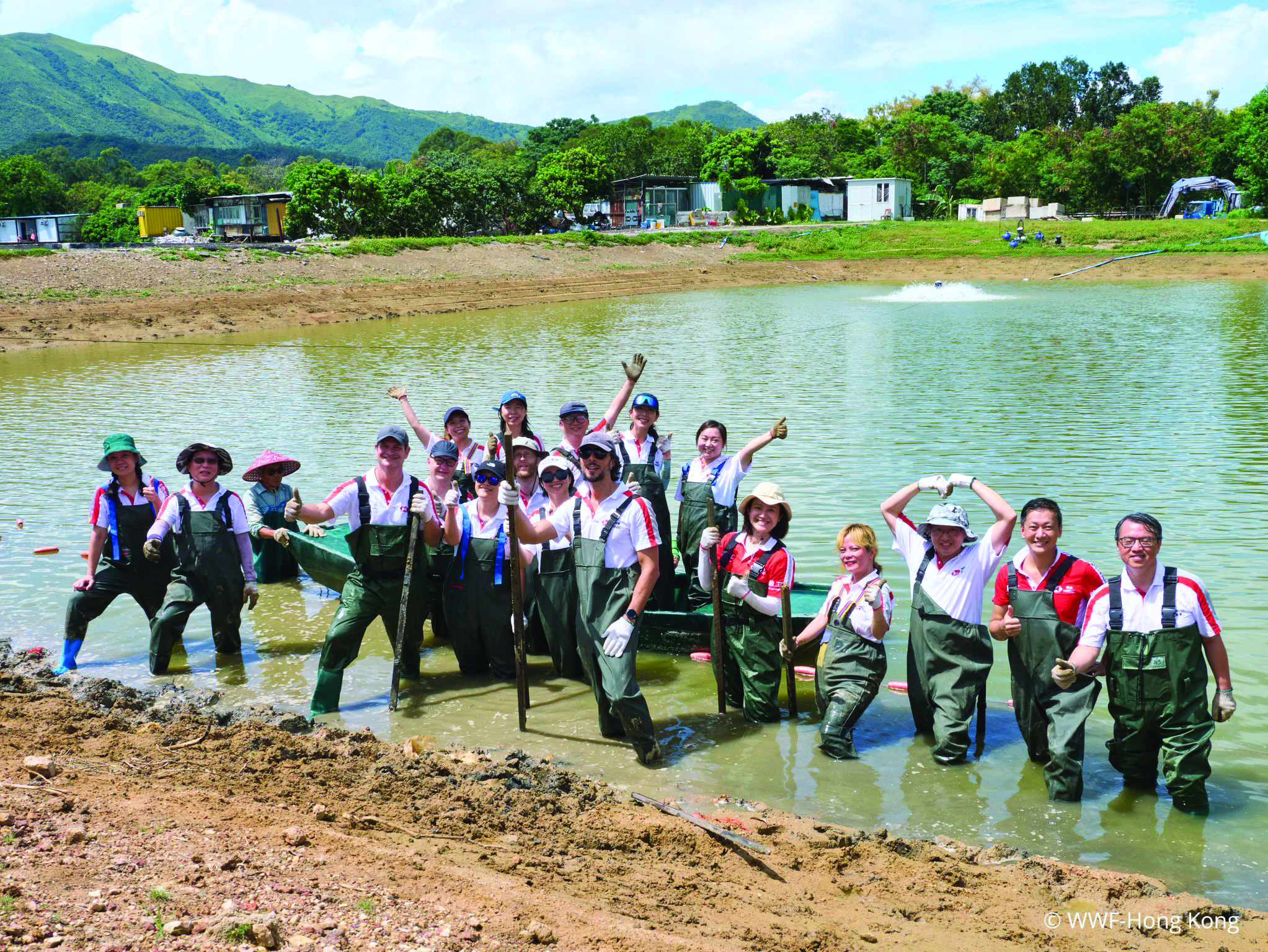
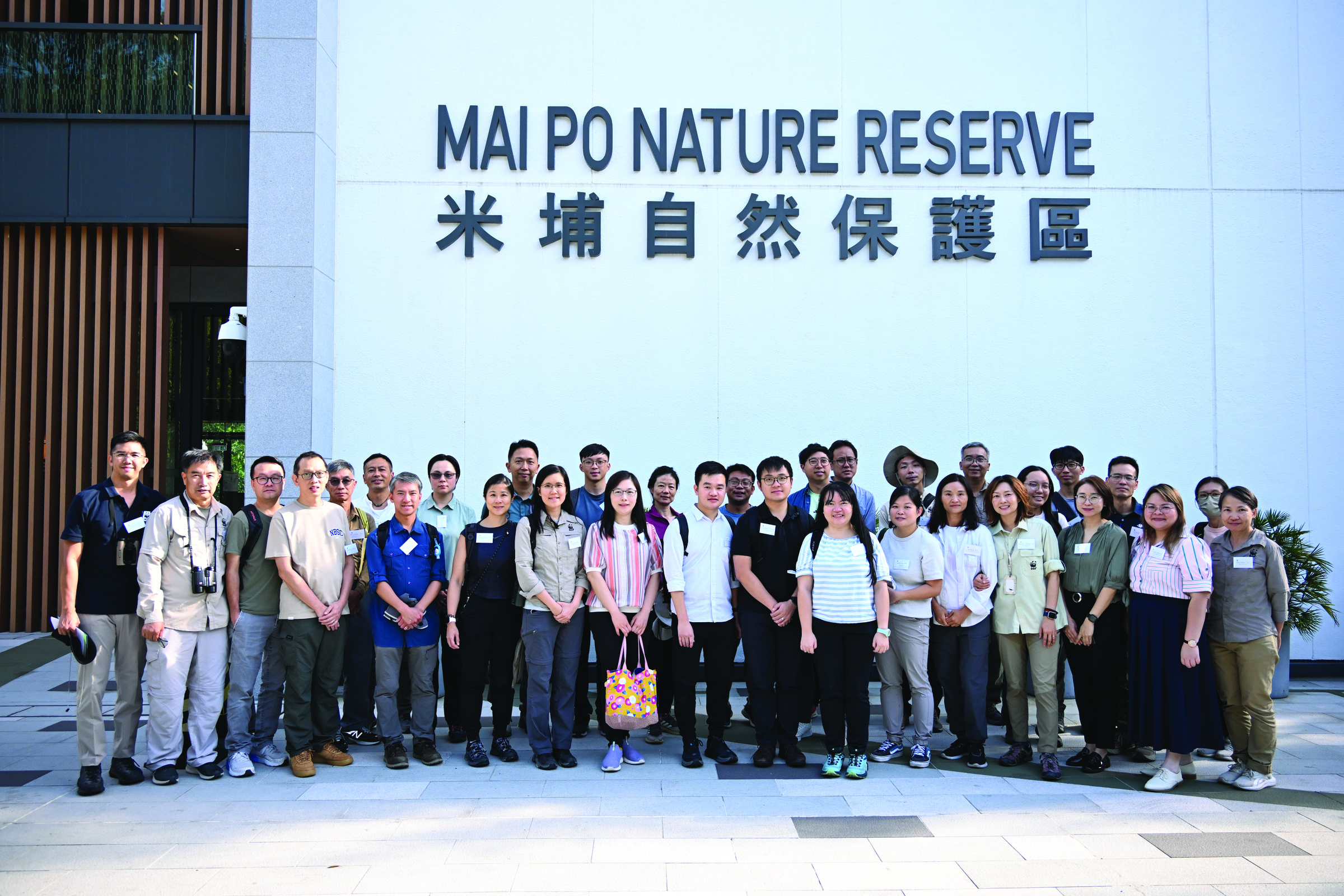

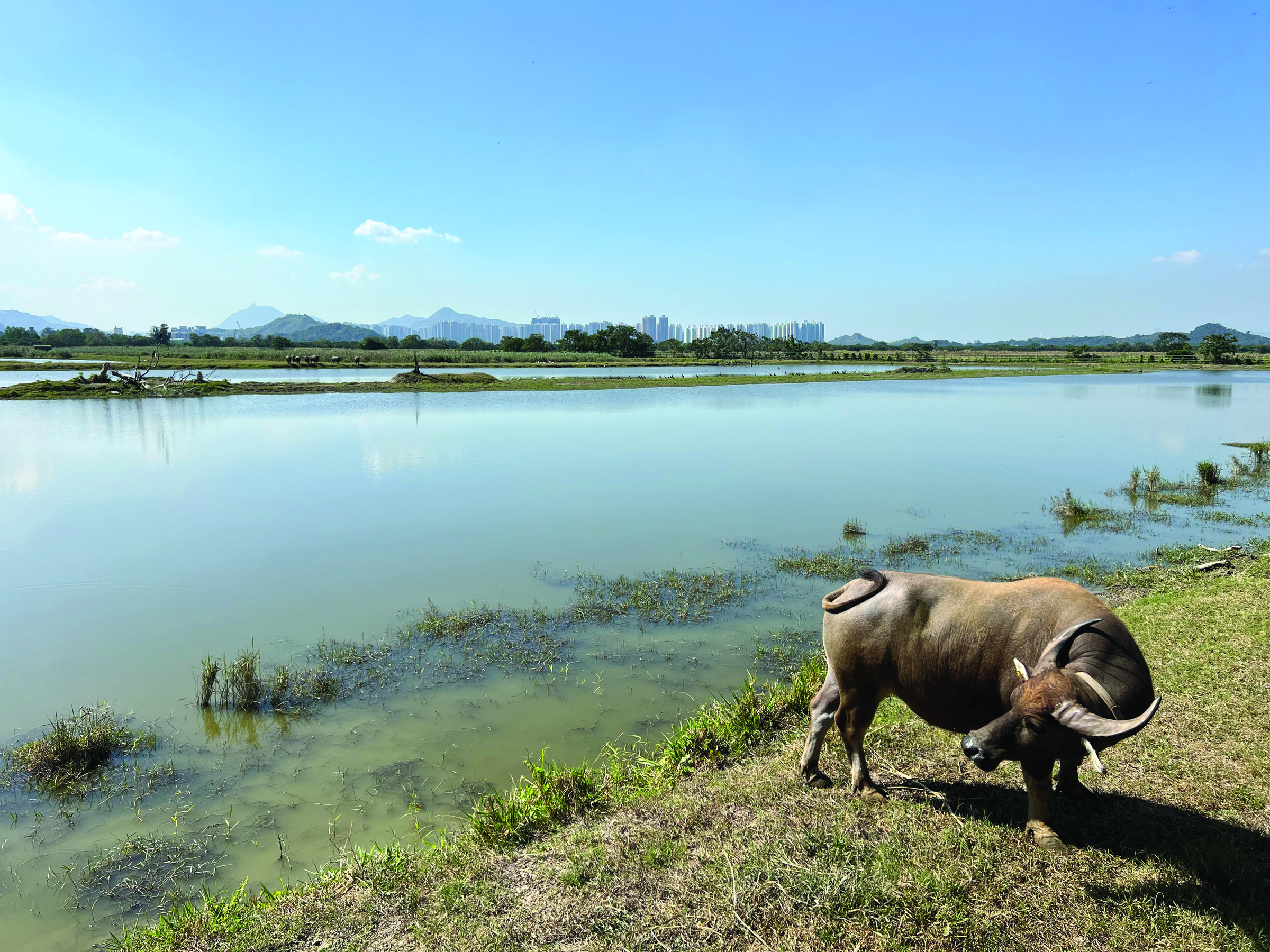
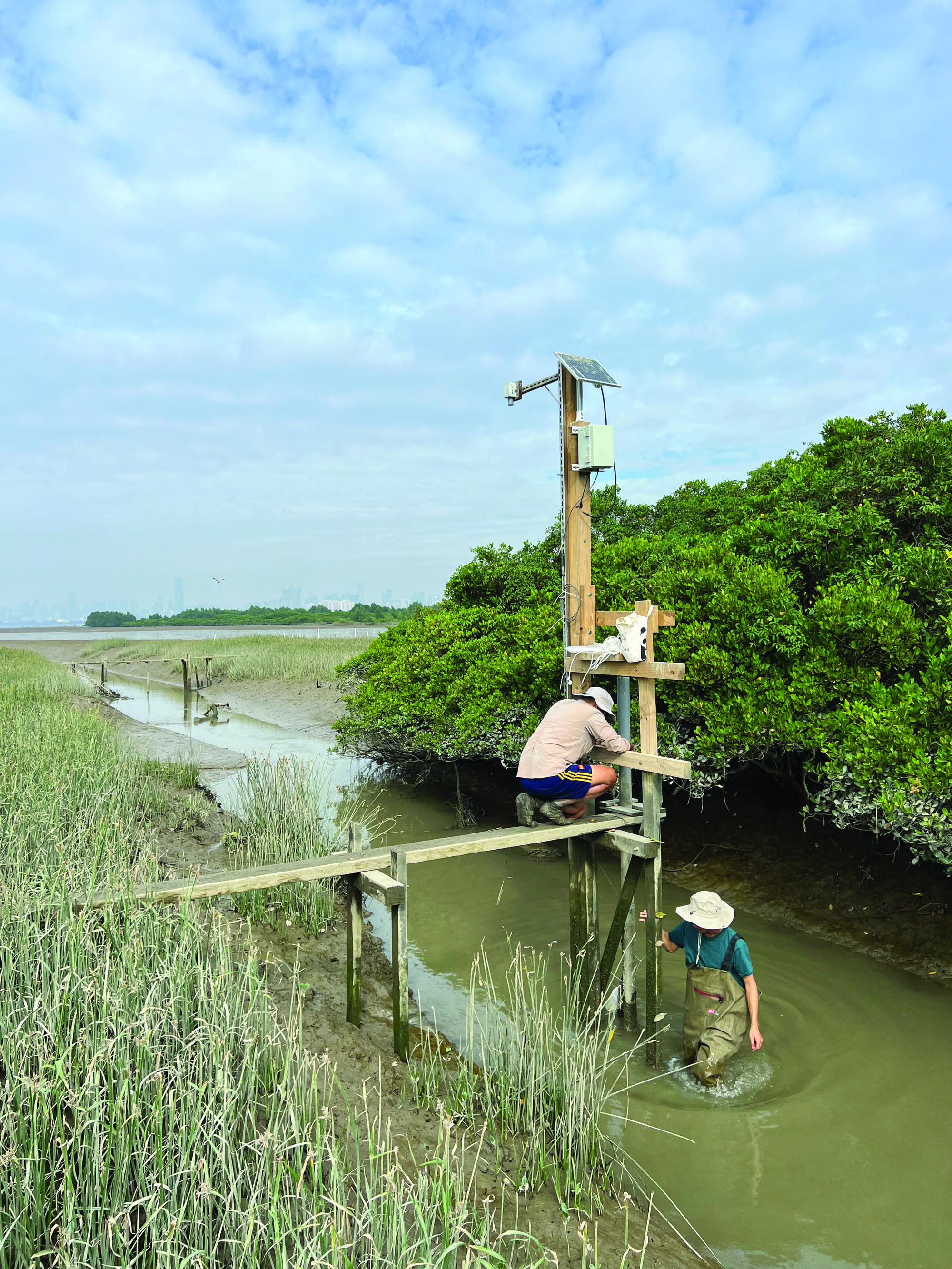
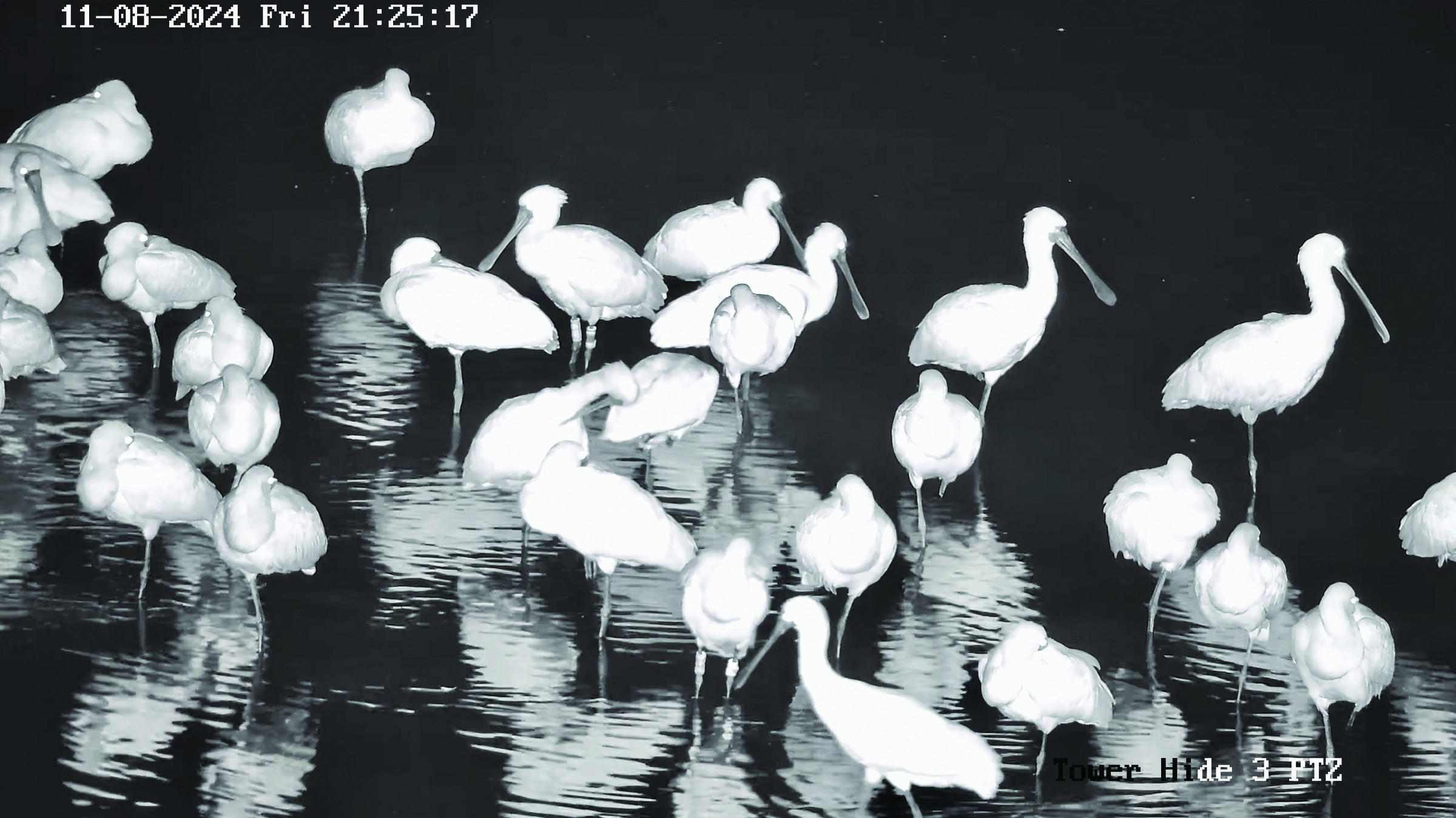
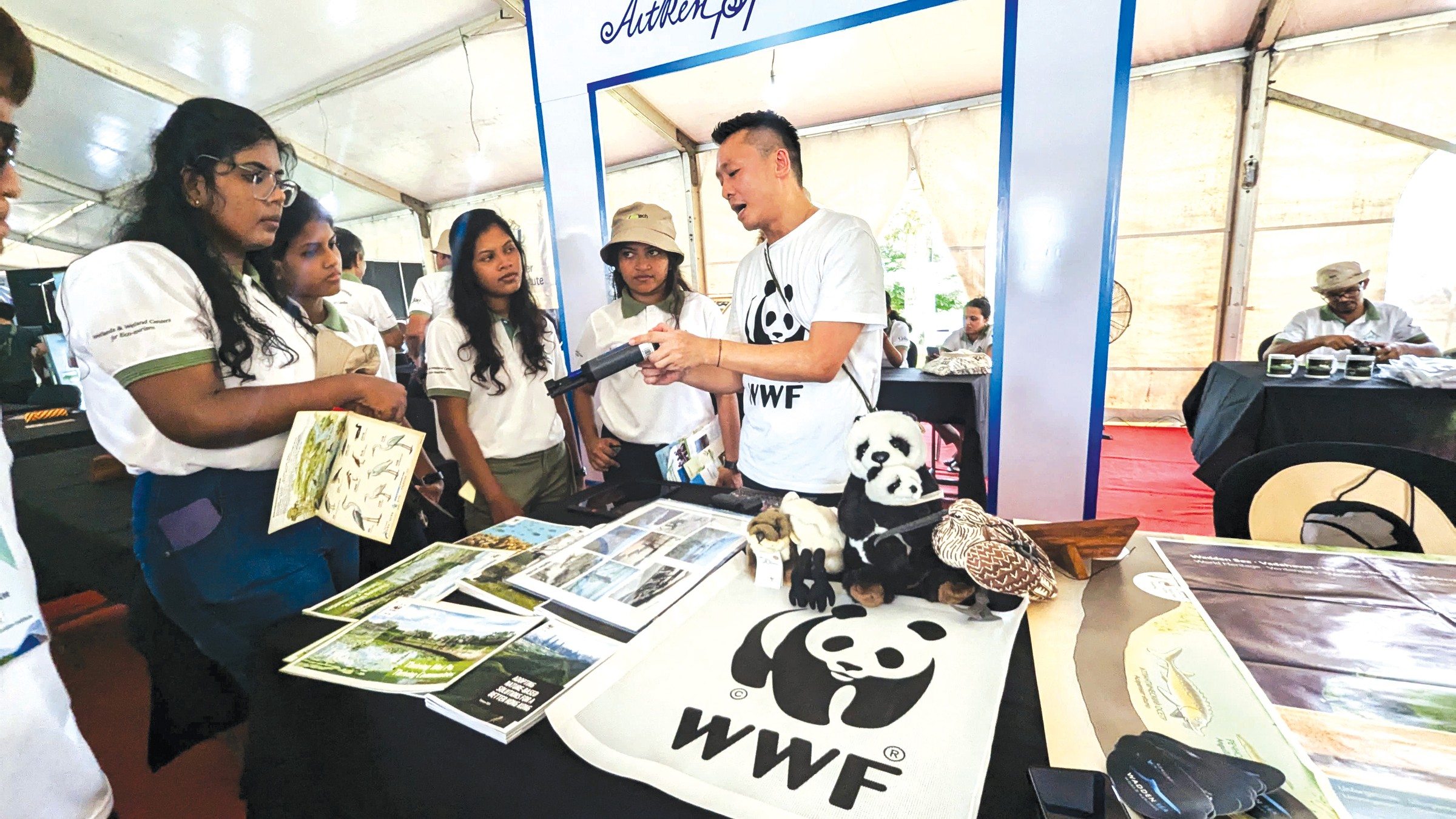

.jpg)